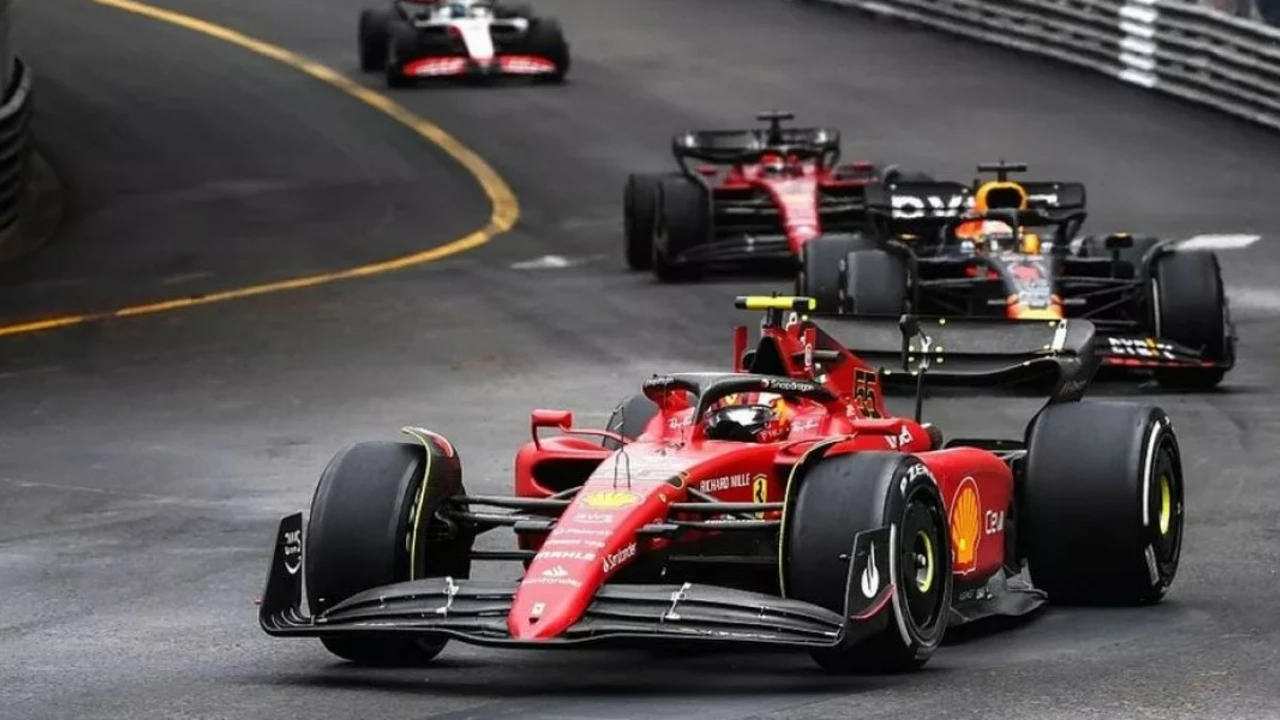IndyCar Racing: What You Need to Know
Thinking about getting into IndyCar or just curious about the legal side? You’re in the right place. IndyCar isn’t just fast cars and thrilling passes – it’s a sport with specific laws, safety rules, and liability issues that every driver and team must follow.
Key IndyCar Rules and Regulations
First off, every driver needs a competition licence from the governing body. That licence proves you’ve passed the required medical checks and have enough track experience. Without it, you can’t practice or race on an official IndyCar circuit.
The cars themselves must meet strict technical specs. Engine size, chassis design, and safety equipment like the SAFER barrier and cockpit fire suppression are all regulated. If a team modifies a part outside the rulebook, the car can be disqualified and the team fined.
Track rules are equally important. Each venue publishes a set of procedures covering pit lane speed limits, flag signals, and permissible overtaking zones. Ignoring a yellow flag, for example, can lead to a penalty, a time loss, or even a suspension from future events.
Legal Tips for IndyCar Drivers and Teams
Liability is a big deal in IndyCar. If a driver causes an accident that injures another driver, a spectator, or damages property, they can face civil claims in addition to racing penalties. Having proper insurance that covers on‑track incidents is a must.
Many teams also sign contracts with sponsors that include clauses about conduct and performance. Breaching those clauses – like failing a drug test or breaking a rule – can result in lost sponsorship money and legal disputes.
Don’t forget about traffic laws off the track. Some drivers get caught driving without due care and attention after a race weekend, leading to fines and points on their licence. Treat every drive like a race in terms of responsibility.
If you ever face a legal issue, the first step is to gather all documentation: licences, race records, and any communication with officials. Clear, organized records make it easier for a lawyer to build your defence.
At Motorsport Legal Pro, we specialize in helping IndyCar participants navigate these complexities. Whether you need advice on licence applications, vehicle compliance, or defending a racing penalty, we’ve got the expertise.
Ready to hit the track with confidence? Start by checking that your licence is up to date, review the technical regulations for your car, and make sure you have comprehensive insurance coverage. Then focus on the racing – the legal side will be taken care of.
Got a specific question about IndyCar law? Drop us a note and we’ll walk you through the details, so you can race smart and stay protected.
Well folks, buckle up because we're about to dive into the high-octane world of speed demons! Comparing Formula 1, NASCAR, and IndyCar, it's like picking between ice cream flavors - they're all deliciously FAST! But if we're talking sheer velocity, Formula 1 takes the gold, with cars reaching a mind-boggling 230 mph. NASCAR's not far behind though, sprinting up to 200 mph, while our friend IndyCar darts up to about 235 mph on oval tracks. So, grab your helmets, because in the race of speed, it's a photo finish between Formula 1 and IndyCar, but remember, speed isn't everything, it's how you handle the curves!
